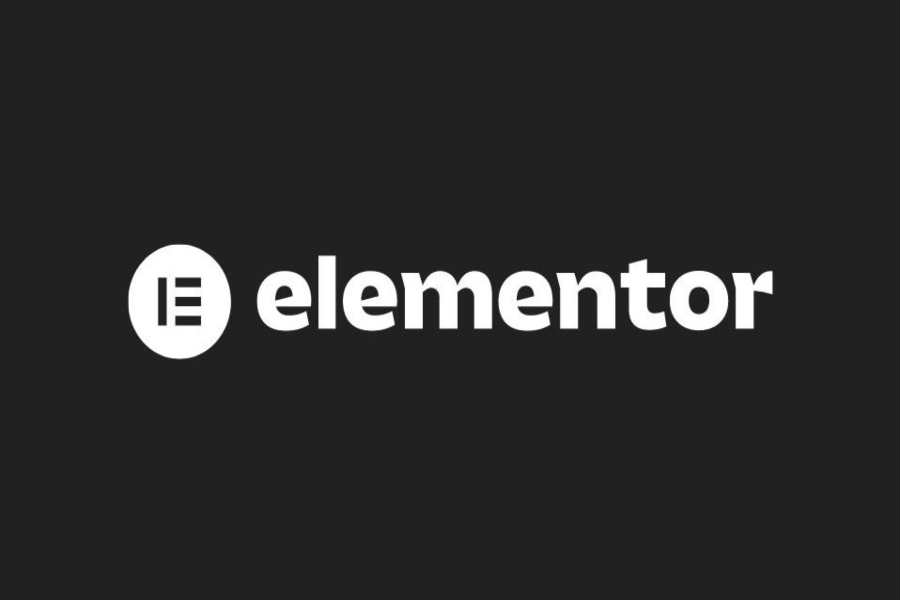As part of a major update, Elementor, one of WordPress’s most popular website builder plugins, is restructuring its Pro Essential plan, scaling back advanced tools for new customers. With over 5 million active installations, Elementor’s changes will roll out on December 4, 2023, aimed at refining its offerings to better balance user needs and business sustainability in a rapidly shifting web-building landscape.
Gabriella Laster, Elementor’s Senior Product Marketing Manager, emphasized that the Essential plan will continue to offer robust tools for creating a foundational website. Subscribers will retain access to the Theme Builder, 50+ Pro widgets, basic marketing functionalities, and the Form widget. However, previously accessible features—such as the Popup Builder, full WooCommerce suite, e-commerce tools (like PayPal and Stripe integrations), and collaboration capabilities—are being reclassified under Elementor’s Advanced or higher-priced plans.
“Going forward, when you purchase the new Elementor Pro Essential, you’ll have everything needed to create a basic website,” Laster said. “However, for professional capabilities like the Popup Builder, WooCommerce Builder, or collaboration tools, upgrading to the Advanced plan will be necessary.”
Current Essential plan subscribers are assured they will retain their full suite of features without additional cost, and they’ll be able to renew their subscription without losing any of these features. However, new customers starting December 4th will experience the revised Essential plan.
Scott Kingsley Clark, lead developer of the Pods Framework, noted that integrations like ACF/Pods, formerly part of the Essential plan, will also move to the higher tiers. Clark has already adapted to these changes, developing an alternative integration for Pods within the Page Builder Toolkit, aiming to provide users with a more expansive dynamic content solution.
For Elementor’s loyal users, this restructuring has raised concerns over feature accessibility and prompted discussions about potential alternatives. These discussions have spread across social media, where some Elementor users and developers voiced frustration, while critics of the platform seized the opportunity to express their concerns.
Several WordPress experts also questioned Elementor’s long-term viability given WordPress’s increasing emphasis on block-based site editing capabilities. Two months ago, Fränk Klein, a human-made engineer, initiated a conversation suggesting that non-block site builders, like Elementor, may struggle as WordPress becomes a block-first platform by default. “Since 2022, all default themes are block themes,” Klein remarked. “For plugin authors, it’s more efficient to use blocks than to integrate with standalone builders.”
WordPress co-founder and Automattic CEO Matt Mullenweg echoed these sentiments, forecasting a tough road for non-Gutenberg builders. “Non-Gutenberg site builders may need to raise their prices just to keep up, as maintaining relevance demands that they replicate the engineering going into Gutenberg,” Mullenweg explained. “In contrast, Gutenberg-based solutions will have the advantage of WordPress core’s ongoing support and improvements.”
This Essential plan adjustment is not the first time Elementor has restructured its pricing and features to encourage customer loyalty. Over recent years, the company has strategically reserved price increases for new customers, allowing existing subscribers to retain access to previous plans and pricing—encouraging renewals and building a stable financial base.
As Elementor continues to support third-party integrations, the Essential plan changes also reflect a financial balancing act that many page builder tools face. Developers are being pushed to weigh maintaining robust features while adapting to WordPress’s ongoing advancements in block-based design.
These shifts underscore a broader trend in the WordPress ecosystem as users and developers adapt to Gutenberg and Full Site Editing. Many in the WordPress community view this as a turning point, where the appeal of traditional page builders could wane in favor of block-based customization. Elementor’s reallocation of features highlights the challenges and opportunities ahead as developers navigate these changes and as page builders like Elementor re-evaluate how to stay competitive and meet evolving user expectations.
As these new plans roll out, WordPress users will be watching closely to see how Elementor adapts and how the platform’s updates impact the site-building experience for millions of websites. For now, Elementor’s Essential plan restructuring marks a significant shift, pushing advanced users toward higher plans, while underscoring the platform’s effort to stay relevant in a quickly evolving ecosystem.


